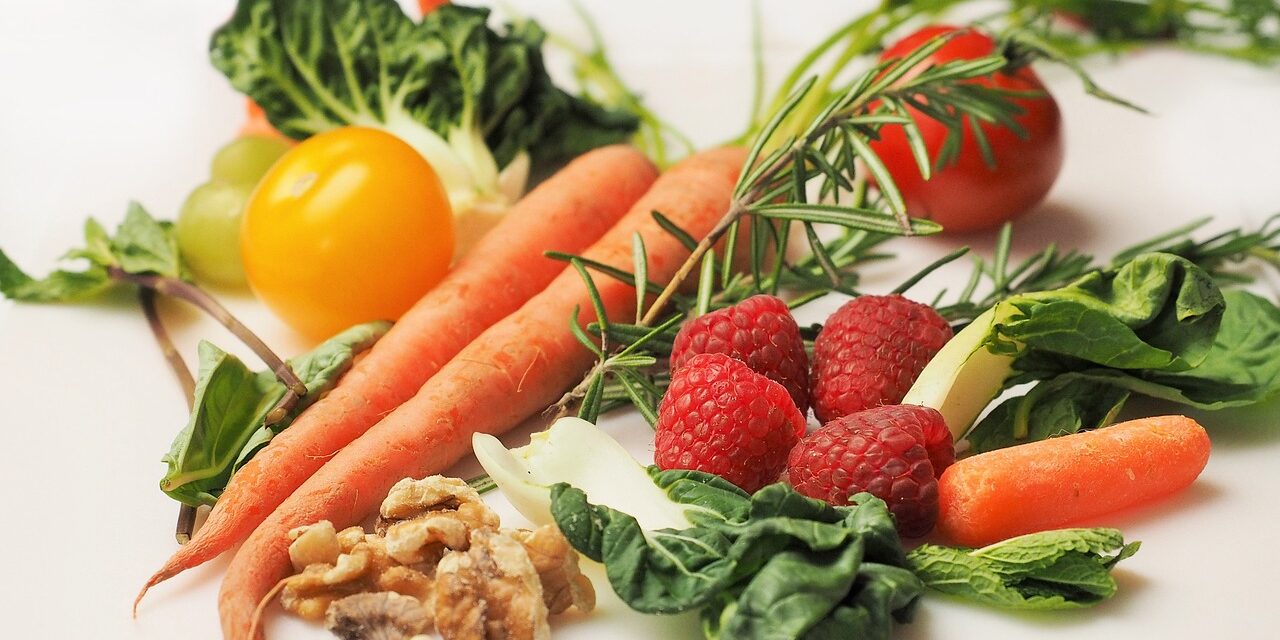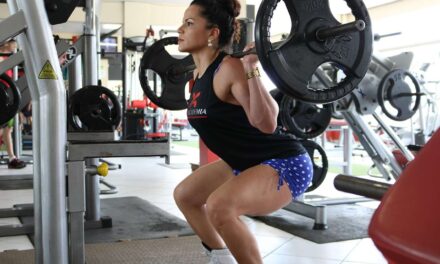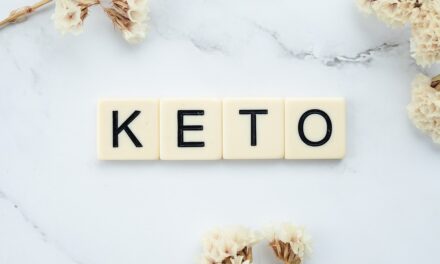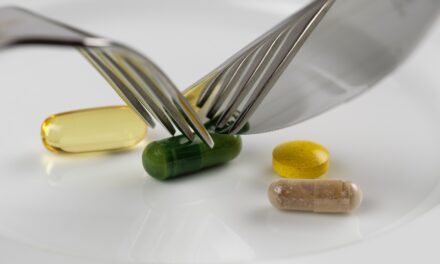Turning 50 is more than just a milestone age; it’s a time of transformation, especially in terms of health and nutrition. For women crossing this pivotal point, understanding and adapting their diet can be key to maintaining vitality, managing weight, and preventing age-related health issues. This article is dedicated to exploring the unique nutritional needs and effective diet strategies for women who are 50 and beyond.
Understanding the Nutritional Shift at 50
As women enter their 50s, their bodies undergo significant changes that impact nutritional needs. Decreasing levels of estrogen due to menopause can affect metabolism, bone density, and heart health. Moreover, muscle mass naturally begins to decline with age, a process known as sarcopenia, impacting overall strength and metabolic rate. These changes make it crucial for 50-year-old women to reassess their dietary habits.
One of the most common concerns for women at this age is weight management. A slower metabolism means that the dietary choices and portion sizes that worked in their 30s and 40s might not be as effective. Additionally, the risk of chronic diseases such as osteoporosis, heart disease, and type 2 diabetes increases, making mindful eating more important than ever.
However, this period also brings an opportunity to revitalize health through nutrition. A well-balanced diet can not only aid in weight management but also improve energy levels, enhance mood, and prevent nutritional deficiencies.
“Embracing the golden years means adapting to your body’s changing needs. It’s not about dieting; it’s about making informed, healthful dietary choices.”
Key Dietary Considerations for Women Over 50
When it comes to tailoring diets for women over 50, there are several key factors to consider:
1. Calcium and Vitamin D for Bone Health
With the increased risk of osteoporosis post-menopause, calcium and vitamin D become vital. Dairy products, leafy greens, and fortified foods are excellent calcium sources, while vitamin D can be found in fatty fish, egg yolks, and sunlight exposure.
2. Lean Protein for Muscle Maintenance
Preserving muscle mass is crucial for metabolism and overall strength. Incorporate lean protein sources like chicken, fish, beans, and legumes into your meals.
3. Heart-Healthy Fats
Choose unsaturated fats found in olive oil, avocados, nuts, and seeds to support heart health. Omega-3 fatty acids, particularly from fatty fish like salmon, are also beneficial.
4. Fiber for Digestive and Heart Health
Fiber aids in digestion and can help lower cholesterol levels. Whole grains, fruits, vegetables, and legumes are excellent fiber sources.
5. Adequate Hydration
Hydration is key for overall health, especially as the sense of thirst may diminish with age. Aim for at least 8 glasses of water a day, and remember that fruits and vegetables also contribute to hydration.
6. Mindful of Menopause-Related Changes
Menopause can lead to hot flashes and sleep disturbances. Spicy foods, caffeine, and alcohol might aggravate these symptoms, so it’s worth monitoring how your body reacts to these items.
“While these guidelines provide a foundation, it’s important to remember that every woman’s body is unique. Personalizing your diet to your specific health needs and preferences is key.”
Creating a Balanced Diet Plan
Developing a diet plan that resonates with your lifestyle and health goals is essential. Here are some steps to guide you:
1. Consult with a Nutritionist
Seeking professional advice can help tailor a diet plan to your specific health needs, considering any existing medical conditions or dietary restrictions.
2. Portion Control
Be mindful of portion sizes. As metabolism slows, caloric needs might decrease, making portion control an effective tool for weight management.
3. Regular, Balanced Meals
Eating at regular intervals helps regulate blood sugar levels and keeps metabolism active. Aim for a balance of protein, carbs, and fats in each meal.
4. Limit Processed Foods and Sugars
Minimize the intake of processed foods, high-sugar snacks, and beverages, as these can contribute to weight gain and other health issues.
5. Experiment with New Foods
and Recipes
Trying new, healthy recipes can make eating well more enjoyable and sustainable in the long term.
“Diet at 50 isn’t about restriction; it’s about nourishing your body in the best way possible.”
Summary and Takeaways
For women over 50, a balanced, nutrient-rich diet is key to maintaining good health, managing weight, and feeling energetic. The transition into this new phase of life should include a closer look at dietary habits and a shift towards foods that support aging gracefully.
Takeaways:
- Focus on nutrient-dense foods rich in calcium, vitamin D, lean protein, heart-healthy fats, and fiber.
- Consult a nutritionist for personalized advice.
- Stay hydrated and be mindful of your body’s changing needs.
- Enjoy the process of creating and consuming meals that not only nourish but also delight your palate.
Remember, the best diet for a 50-year-old woman is one that she can enjoy and sustain. It’s about creating a healthy lifestyle that celebrates and supports this empowering stage of life.






